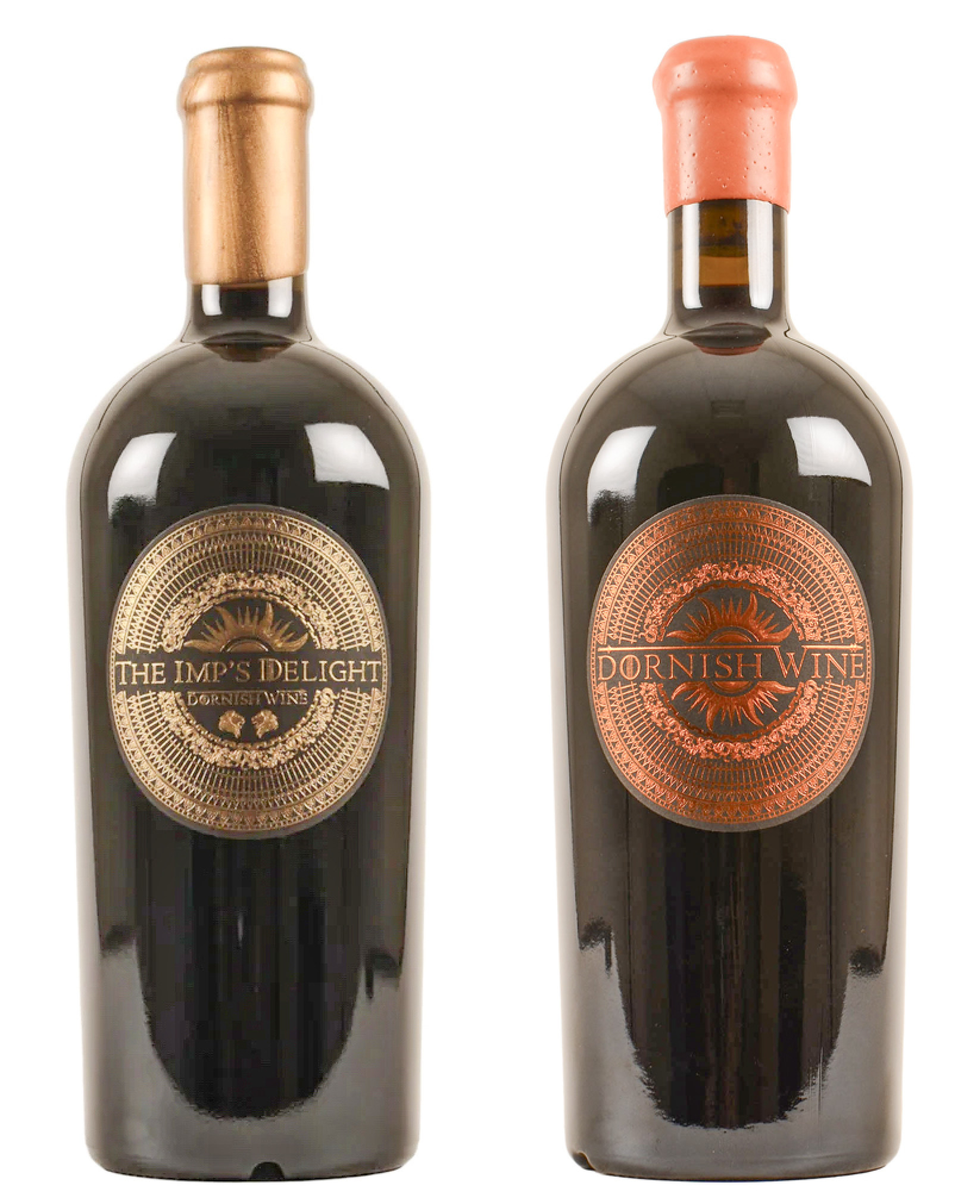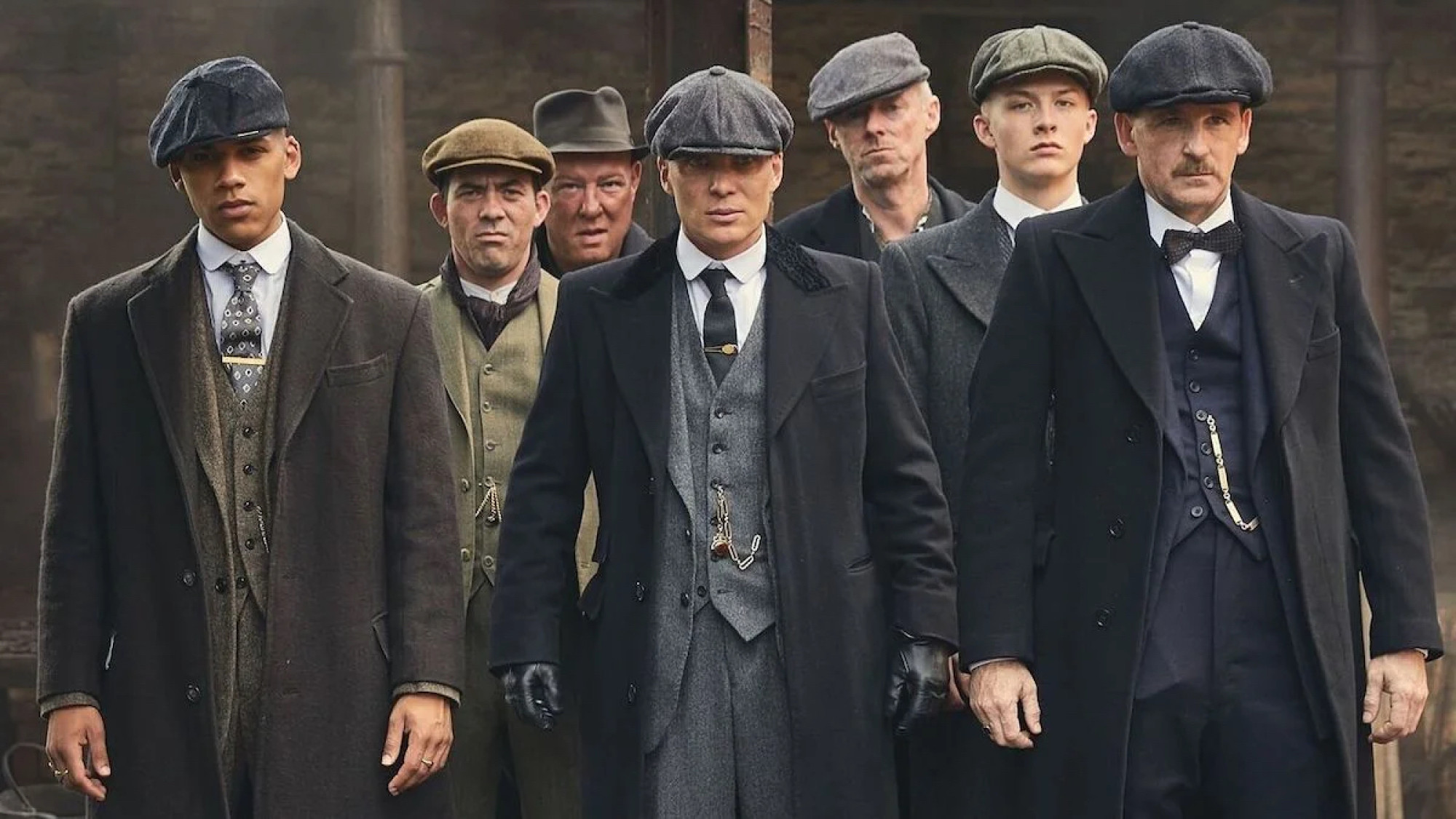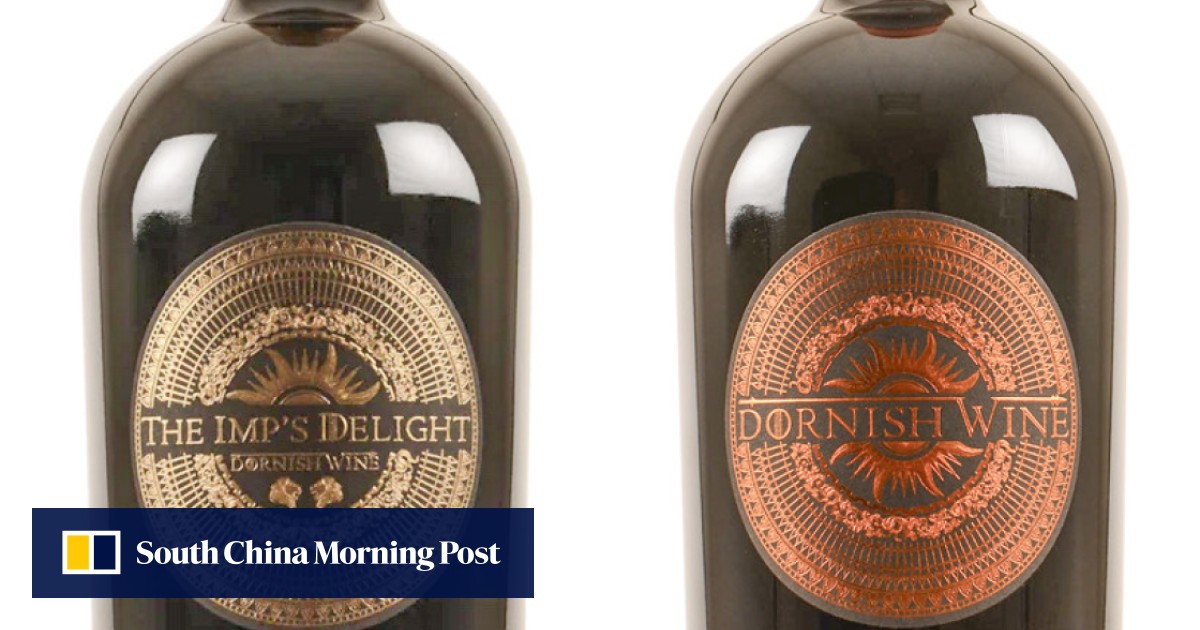So the wine industry is striking back with a marketing and branding drive worthy of Madison Avenue – a street in New York synonymous with the advertising industry.
Thibault Bardet, whose family makes wine near Saint-Émilion in the Bordeaux region, harnessed his passion for fantasy television shows to launch a Game of Thrones-themed line of wines, selling 80,000 bottles.
Encouraged by the success, he pushed out two more – one based on the Peaky Blinders show and another on the Lord of the Rings saga. They were, he said, part of “the toolbox to raise our wine’s profile”.
Gen Z in Hong Kong is cutting out alcohol. These drinks are taking its place
Gen Z in Hong Kong is cutting out alcohol. These drinks are taking its place
Bardet said his vineyard was also relying on direct sales to consumers instead of the traditional retail network.
This approach is part of a wider shift towards what the French call “Anglo-Saxon” marketing methods prevalent in English-speaking countries, said Sylvain Dade, co-founder of the Sowine marketing consultancy.
“French, Italian or Spanish winemakers put all their heart and soul into making wine with an emphasis on the local soil, and then hope it’ll sell,” he said. “In Anglo-Saxon countries, they ask what the consumer wants first.”

Winemakers were beginning to wake up to the “need to invest in marketing”, following the example of the wildly successful champagne industry, said Dade. Young people especially “want brands”, he said, “and there’s no reason why we can’t provide those for wine”.
“When you think about consumption on the move, say for the beach or a picnic, there is clearly potential,” he said.

Hipster culture, with its taste for authenticity, could also be turned into fertile ground for wine sales. Some younger people appreciate the “local dimension” of wine and its “roots in nature”, said Krystel Lepresle of Vin Et Societe, the wine promotion body.
But complicated wine descriptions, a plethora of quality categories and complex geographical origins are still major obstacles standing between young people and the ancient drink.
Winemaker Emile Coddens, in his mid-20s, has tackled the task of educating his peers about the ins and outs of wine, posting explainers on TikTok and Instagram.
But initiatives where young people explain wine to other young people “using their language” are still rare, according to a recent study conducted by Vin et Society, among people born after 1994.







